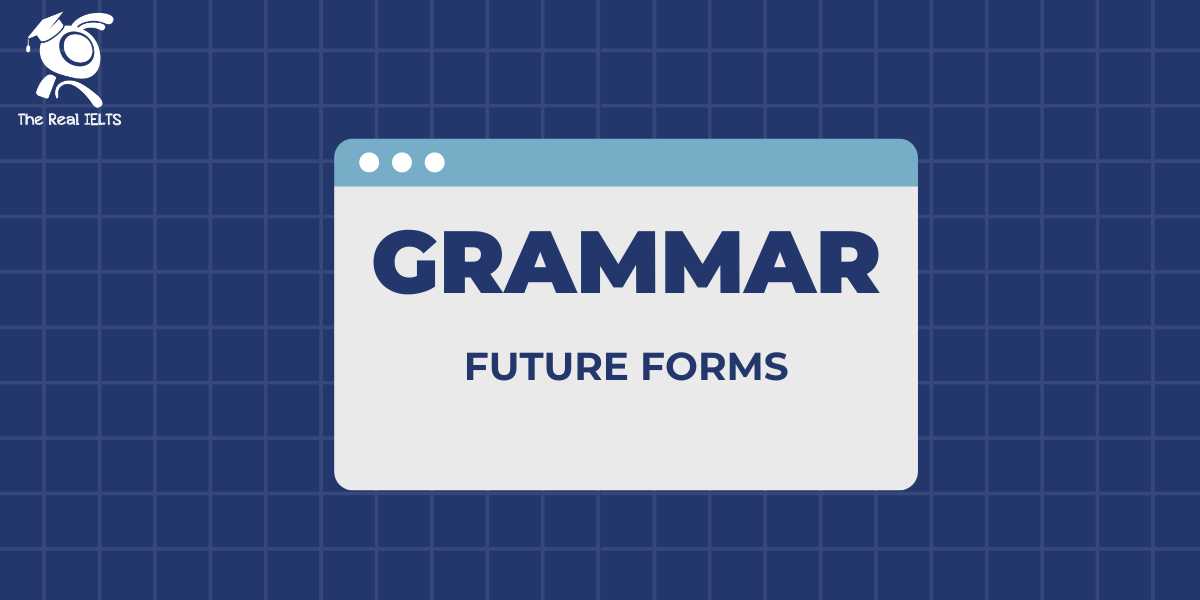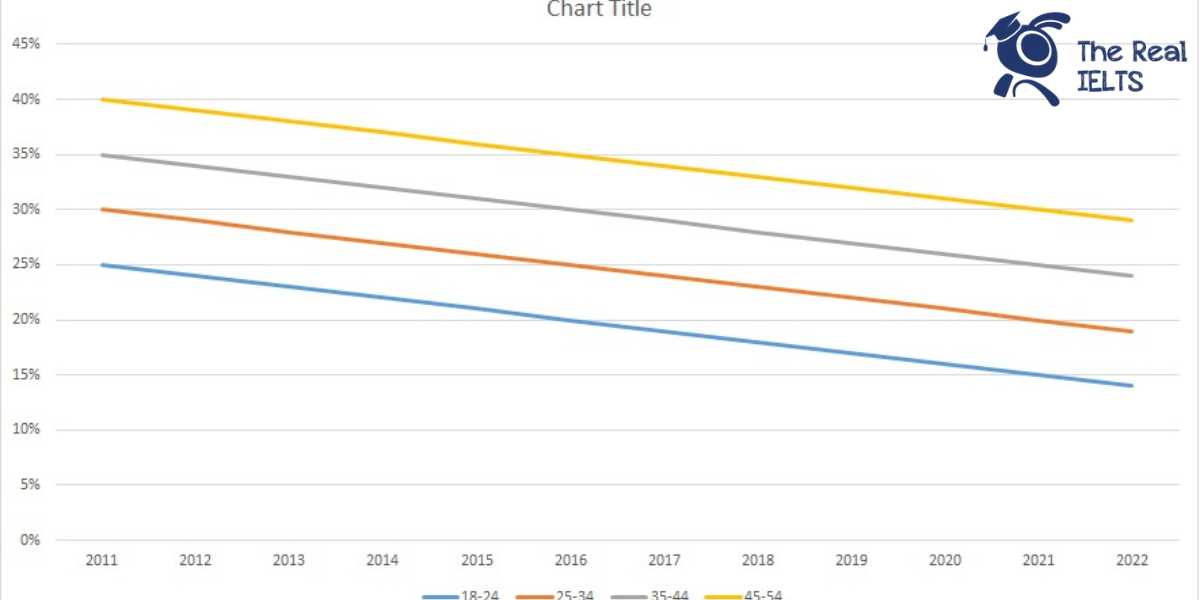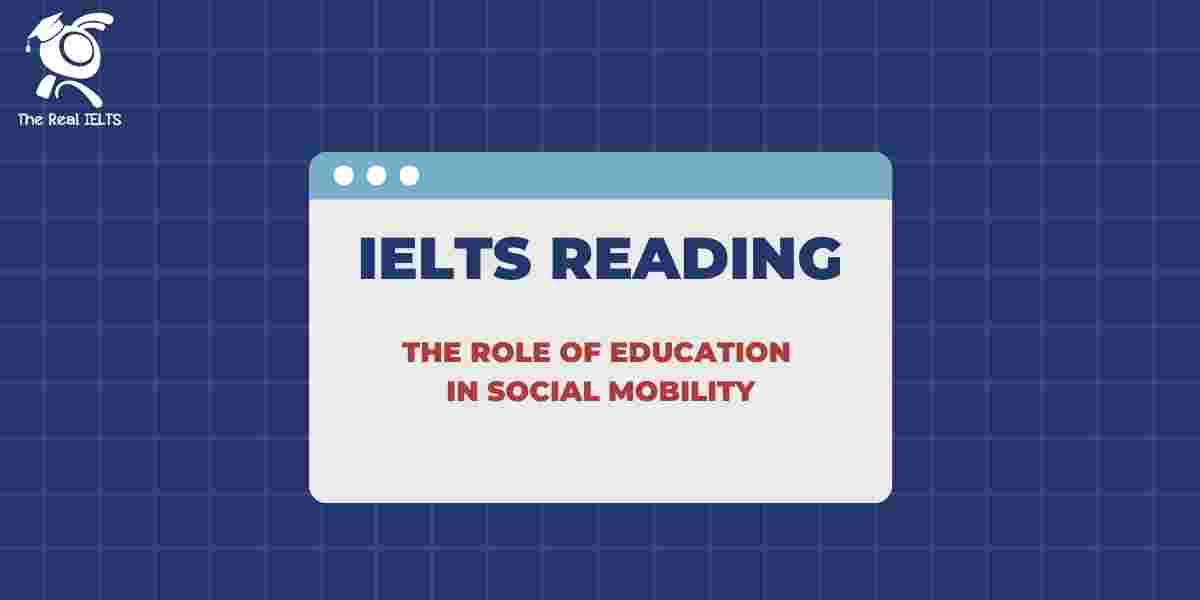Lĩnh vực tài chính là lĩnh vực có rất nhiều từ vựng phrasal verbs cần phải học. Tuy nhiên để có thể đọc qua được bản thảo đơn giản chúng ta có thể sử dụng 100 từ vựng được thống kê trong bài viết này.
100 từ vựng phrasal verbs
- Add up – Tính tổng
- Back out – Rút lui (khỏi một cam kết tài chính)
- Bail out – Giải cứu tài chính
- Break even – Hòa vốn
- Bring in – Tạo ra lợi nhuận hoặc thu nhập
- Burn through – Tiêu hết nhanh chóng (tiền)
- Buy off – Hối lộ
- Buy out – Mua lại (công ty, phần hùn)
- Cash in – Rút tiền, đổi tiền
- Cash out – Rút tiền
- Chip in – Góp tiền
- Close down – Đóng cửa, ngừng kinh doanh
- Come across – Tình cờ gặp (tiền, tài sản)
- Come by – Kiếm được, có được
- Count up – Tính tổng
- Cut back – Cắt giảm chi tiêu
- Cut down – Cắt giảm chi phí
- Cut off – Ngừng cung cấp (tài chính)
- Dip into – Dùng tiền tiết kiệm
- Do without – Sống mà không có (tiền)
- Draw out – Rút tiền
- Drop off – Giảm giá trị
- Ease up – Giảm bớt chi tiêu
- Eat up – Ngốn hết tiền
- Fork out – Chi tiền, trả tiền
- Get by – Sống tạm với ít tiền
- Give away – Cho đi, phát miễn phí
- Go after – Theo đuổi (tiền, tài sản)
- Go around – Chia sẻ đều, phân phối
- Go broke – Phá sản
- Go for – Được bán với giá
- Go over – Xem xét lại (chi phí)
- Hand over – Giao nộp (tiền)
- Hang on to – Giữ lại (tiền, tài sản)
- Keep back – Giữ lại một phần (tiền)
- Keep up with – Bắt kịp (khoản nợ)
- Knock down – Giảm giá
- Lay out – Chi trả
- Live on – Sống dựa vào (khoản tiền)
- Look after – Quản lý, chăm sóc (tài sản)
- Look for – Tìm kiếm (tiền, việc làm)
- Make off with – Ăn cắp, cuỗm đi
- Mark up – Tăng giá
- Pay back – Trả nợ
- Pay off – Trả hết nợ
- Pay out – Chi trả
- Pick up – Mua được giá rẻ
- Put aside – Tiết kiệm, để dành
- Put down – Trả trước, đặt cọc
- Put in – Đầu tư
- Put up – Tăng giá
- Rip off – Lừa đảo, bán đắt
- Run out of – Hết (tiền)
- Run up – Tăng nợ
- Save up – Tiết kiệm
- Scrape by – Sống chật vật
- Set aside – Để dành
- Shell out – Chi tiền
- Shop around – Tìm giá tốt
- Shut down – Đóng cửa
- Splash out – Tiêu nhiều tiền
- Stock up – Dự trữ
- Take out – Rút tiền, vay
- Take up – Chiếm (tiền, thời gian)
- Talk over – Thảo luận (về tài chính)
- Throw away – Lãng phí tiền
- Track down – Tìm kiếm (tiền, nợ)
- Trade in – Đổi hàng cũ lấy hàng mới (có trả thêm tiền)
- Turn down – Từ chối (một đề nghị tài chính)
- Turn in – Giao nộp (tiền)
- Turn out – Tạo ra lợi nhuận
- Use up – Dùng hết tiền
- Wind up – Kết thúc (doanh nghiệp)
- Work off – Làm việc để trả nợ
- Write off – Xóa nợ
- Account for – Giải thích (chi tiêu)
- Bid up – Đấu giá cao hơn
- Break down – Phân tích chi phí
- Bring down – Giảm (chi phí)
- Buy up – Mua hết
- Cash up – Kiểm tra tổng số tiền thu được
- Clear up – Thanh toán nợ
- Come down – Giảm giá
- Cover up – Bao che (tài chính)
- Draw up – Soạn thảo (kế hoạch tài chính)
- Fall through – Thất bại (về mặt tài chính)
- Get into – Dính vào (nợ nần)
- Give in – Nhượng bộ (về giá cả)
- Hold back – Kìm hãm (chi tiêu)
- Let out – Cho thuê
- Pay down – Trả dần nợ
- Pay off – Thanh toán hết
- Price up – Định giá cao
- Rake in – Thu về (nhiều tiền)
- Run down – Hao mòn (giá trị)
- Set back – Trì hoãn (chi tiêu)
- Take in – Hiểu rõ (về tài chính)
- Think over – Suy nghĩ kỹ (về chi tiêu)
- Turn around – Cải thiện tài chính
- Wipe out – Xóa sạch (nợ nần)
Đặt câu cho mỗi từ vựng ở bên trên
- Add up – The expenses didn’t add up to the budget we planned.
- Back out – He decided to back out of the deal at the last minute.
- Bail out – The government bailed out the failing bank.
- Break even – We need to sell 100 units to break even.
- Bring in – Her new job brings in a lot of money.
- Burn through – They burned through their savings quickly.
- Buy off – They tried to buy off the officials to get the contract.
- Buy out – He plans to buy out his partner’s share in the business.
- Cash in – She decided to cash in her stocks.
- Cash out – You can cash out your investment at any time.
- Chip in – Everyone chipped in to buy a gift for their boss.
- Close down – They had to close down the shop due to bankruptcy.
- Come across – I came across some old coins in the attic.
- Come by – Quality antique furniture is hard to come by.
- Count up – We need to count up the total sales for the day.
- Cut back – We need to cut back on unnecessary expenses.
- Cut down – They decided to cut down on their advertising budget.
- Cut off – His parents cut him off financially after he dropped out of school.
- Dip into – We had to dip into our savings to pay for the repairs.
- Do without – We can do without luxury items for now.
- Draw out – She drew out a large amount of money from her account.
- Drop off – The stock prices dropped off sharply last week.
- Ease up – We can ease up on spending now that the bills are paid.
- Eat up – The medical bills are eating up their savings.
- Fork out – I had to fork out a lot of money for that car repair.
- Get by – They manage to get by on his small salary.
- Give away – They gave away free samples to promote their product.
- Go after – She decided to go after a higher-paying job.
- Go around – There wasn’t enough food to go around at the party.
- Go broke – Many small businesses went broke during the recession.
- Go for – That painting could go for thousands of dollars at auction.
- Go over – We need to go over the budget again before finalizing it.
- Hand over – He had to hand over his credit card to his wife.
- Hang on to – Hang on to your receipts for tax purposes.
- Keep back – She kept back some money for emergencies.
- Keep up with – It’s hard to keep up with all the bills.
- Knock down – They knocked down the price to make a quick sale.
- Lay out – He laid out a lot of money for his new car.
- Live on – They have to live on a tight budget.
- Look after – She looks after all the finances in their household.
- Look for – I’m looking for a new job with better pay.
- Make off with – Thieves made off with a large sum of money.
- Mark up – They marked up the prices before the sale.
- Pay back – I need to pay back the money I borrowed from my friend.
- Pay off – We finally paid off our mortgage.
- Pay out – The company paid out large bonuses this year.
- Pick up – I picked up a great deal on a new phone.
- Put aside – We put aside some money each month for our vacation.
- Put down – We put down a deposit on the house.
- Put in – He put in a lot of money into his business.
- Put up – They put up the prices just before the holidays.
- Rip off – Tourists often get ripped off in that area.
- Run out of – We ran out of money before the end of the month.
- Run up – She ran up a huge credit card bill.
- Save up – We are saving up for a new car.
- Scrape by – They manage to scrape by on his small salary.
- Set aside – We set aside some money for emergencies.
- Shell out – I had to shell out a lot for that repair.
- Shop around – It’s wise to shop around before making a big purchase.
- Shut down – They shut down the factory due to low profits.
- Splash out – They splashed out on a luxurious vacation.
- Stock up – We need to stock up on groceries for the storm.
- Take out – She took out a loan to pay for her tuition.
- Take up – The rent takes up a large part of my salary.
- Talk over – Let’s talk over the budget plan tomorrow.
- Throw away – Don’t throw away your money on unnecessary items.
- Track down – The accountant tracked down the missing funds.
- Trade in – I traded in my old car for a new model.
- Turn down – He turned down the job offer because the pay was too low.
- Turn in – He turned in the stolen money to the police.
- Turn out – The investment turned out to be very profitable.
- Use up – We used up all the cash we had on the repairs.
- Wind up – They wound up the company after it failed to make a profit.
- Work off – He’s working off his debt by doing extra jobs.
- Write off – The bank wrote off the loan as a bad debt.
- Account for – She couldn’t account for the missing money.
- Bid up – They bid up the price of the painting at the auction.
- Break down – We need to break down the costs before we decide.
- Bring down – The company is trying to bring down costs.
- Buy up – They bought up all the available land.
- Cash up – The cashier cashed up at the end of her shift.
- Clear up – He cleared up all his debts before moving.
- Come down – The prices have come down significantly.
- Cover up – They tried to cover up the financial scandal.
- Draw up – The lawyer drew up the contract.
- Fall through – The deal fell through due to a lack of funding.
- Get into – They got into debt after buying the house.
- Give in – He finally gave in and accepted the lower offer.
- Hold back – We need to hold back on spending this month.
- Let out – They let out their house while they were abroad.
- Pay down – We need to pay down the mortgage quickly.
- Pay off – Her hard work paid off with a promotion.
- Price up – They priced up the antiques for sale.
- Rake in – The new product is raking in huge profits.
- Run down – The value of the property ran down over time.
- Set back – The unexpected repairs set us back financially.
- Take in – It’s hard to take in all the details of the financial report.
- Think over – Think over the offer before making a decision.
- Turn around – The new management turned the company around.
- Wipe out – The stock market crash wiped out his savings.
Áp dụng từ vựng vào bài viết
Managing Money: Tips and Tricks Using Phrasal Verbs
Quản lý Tiền Bạc: Mẹo và Thủ Thuật Sử Dụng Cụm Động Từ
In today’s fast-paced world, managing money effectively is crucial. Whether you are trying to add up your expenses or bail out from a financial crisis, understanding and using the right strategies can make all the difference. Here are some tips to help you navigate your financial journey using common phrasal verbs related to money.
Trong thế giới hiện đại ngày nay, quản lý tiền bạc hiệu quả là vô cùng quan trọng. Dù bạn đang cố gắng tính tổng chi phí của mình hay thoát khỏi một cuộc khủng hoảng tài chính, hiểu và sử dụng đúng chiến lược có thể tạo nên sự khác biệt. Dưới đây là một số mẹo giúp bạn điều hướng hành trình tài chính của mình bằng cách sử dụng các cụm động từ liên quan đến tiền bạc.
Firstly, it’s essential to cut back on unnecessary expenses. This means you need to identify areas where you can cut down on spending and focus on what is truly essential. For example, if you notice that you are spending too much on dining out, try to do without it and cook more at home.
Đầu tiên, điều quan trọng là phải cắt giảm các chi phí không cần thiết. Điều này có nghĩa là bạn cần xác định các lĩnh vực mà bạn có thể cắt bớt chi tiêu và tập trung vào những gì thực sự cần thiết. Ví dụ, nếu bạn nhận thấy rằng mình đang tiêu quá nhiều tiền vào việc ăn ngoài, hãy cố gắng sống mà không ăn ngoài và nấu ăn nhiều hơn ở nhà.
Another important strategy is to put aside some money each month. This means setting aside a portion of your income for savings. It’s beneficial to live on a budget and ensure that you don’t run out of money before the next paycheck. If you find it hard to save, you can ease up on luxuries and chip in with your family or roommates for shared expenses.
Một chiến lược quan trọng khác là để dành một khoản tiền mỗi tháng. Điều này có nghĩa là tiết kiệm một phần thu nhập của bạn. Sống theo một ngân sách và đảm bảo rằng bạn không hết tiền trước khi nhận được lương tiếp theo là rất hữu ích. Nếu bạn thấy khó tiết kiệm, hãy giảm bớt các mặt hàng xa xỉ và góp tiền cùng gia đình hoặc bạn cùng phòng cho các chi phí chung.
Sometimes, you might need to dip into your savings for unexpected expenses. However, be cautious not to burn through your savings quickly. Always hang on to some emergency funds. If you ever find yourself in debt, make sure to pay off your debts systematically. Start by paying down the smallest debts first to gain momentum, then pay back the larger ones.
Đôi khi, bạn có thể cần phải dùng đến khoản tiết kiệm của mình cho các chi phí bất ngờ. Tuy nhiên, hãy cẩn thận để không ngốn hết khoản tiết kiệm nhanh chóng. Luôn giữ lại một khoản tiền khẩn cấp. Nếu bạn rơi vào cảnh nợ nần, hãy đảm bảo rằng bạn trả hết các khoản nợ một cách có hệ thống. Bắt đầu bằng cách trả các khoản nợ nhỏ nhất trước để tạo đà, sau đó trả nợ các khoản lớn hơn.
Investing wisely is another key aspect of financial management. Before you put up money in any investment, look after the details and understand the risks involved. Sometimes, it’s wise to take out insurance policies or buy out shares when the market conditions are favorable. Remember, not every investment will pay off immediately, so patience is key.
Đầu tư khôn ngoan cũng là một khía cạnh quan trọng của quản lý tài chính. Trước khi bạn tăng giá tiền vào bất kỳ khoản đầu tư nào, hãy quản lý các chi tiết và hiểu rõ rủi ro liên quan. Đôi khi, khôn ngoan là mua các chính sách bảo hiểm hoặc mua lại cổ phần khi điều kiện thị trường thuận lợi. Hãy nhớ rằng không phải khoản đầu tư nào cũng sinh lời ngay lập tức, vì vậy kiên nhẫn là chìa khóa.
When shopping, always shop around to find the best deals. Don’t hesitate to knock down the prices by bargaining. If you’re good at this, you might even pick up some great bargains. But be aware of deals that seem too good to be true; they might be an attempt to rip off unsuspecting buyers.
Khi mua sắm, luôn tìm giá tốt để tìm được các ưu đãi tốt nhất. Đừng ngần ngại giảm giá bằng cách thương lượng. Nếu bạn giỏi việc này, bạn thậm chí có thể mua được giá rẻ. Nhưng hãy cẩn thận với các giao dịch có vẻ quá tốt để là sự thật; chúng có thể là một nỗ lực để lừa đảo người mua không nghi ngờ.
If you are a business owner, keeping track of your finances is critical. Make sure to count up your earnings and expenses regularly. This helps you ensure that your business does not go broke. When planning for the future, set aside funds for growth and put in investments that will bring in profits. If your business is struggling, you might need to wind up certain projects that are not profitable.
Nếu bạn là chủ doanh nghiệp, việc theo dõi tài chính là rất quan trọng. Hãy đảm bảo rằng bạn tính tổng thu nhập và chi phí thường xuyên. Điều này giúp đảm bảo rằng doanh nghiệp của bạn không phá sản. Khi lập kế hoạch cho tương lai, hãy để dành quỹ để phát triển và đầu tư vào những khoản đầu tư sẽ mang lại lợi nhuận. Nếu doanh nghiệp của bạn đang gặp khó khăn, bạn có thể cần kết thúc một số dự án không có lợi.
In case you run up debts, make a plan to work off these liabilities. It’s also important to turn down any additional credit offers that might put you in further debt. If things get tough, don’t be afraid to seek out financial advice and talk over your options with a financial advisor.
Trong trường hợp bạn tăng nợ, hãy lập kế hoạch để làm việc để trả nợ các khoản nợ này. Cũng quan trọng là từ chối bất kỳ đề nghị tín dụng bổ sung nào có thể đẩy bạn vào cảnh nợ nần thêm. Nếu mọi việc trở nên khó khăn, đừng ngại tìm kiếm lời khuyên tài chính và thảo luận các lựa chọn của bạn với một cố vấn tài chính.
Finally, remember that managing money is an ongoing process. Regularly go over your financial plans and adjust them as needed. By keeping a close watch on your finances, you can ensure that you are always prepared to cover up any unexpected expenses and come out ahead.
Cuối cùng, hãy nhớ rằng quản lý tiền bạc là một quá trình liên tục. Thường xuyên xem xét lại các kế hoạch tài chính của bạn và điều chỉnh chúng khi cần. Bằng cách theo dõi chặt chẽ tài chính của mình, bạn có thể đảm bảo rằng bạn luôn sẵn sàng để che đậy bất kỳ chi phí bất ngờ nào và vượt qua mọi khó khăn.
By incorporating these phrasal verbs and strategies into your financial planning, you can effectively manage your money, avoid pitfalls, and ensure a secure financial future.
Bằng cách kết hợp các cụm động từ và chiến lược này vào kế hoạch tài chính của mình, bạn có thể quản lý tiền bạc hiệu quả, tránh các cạm bẫy và đảm bảo một tương lai tài chính an toàn.
100 câu bài tập dựa trên liệt kê
- It’s important to ______ on unnecessary expenses to save money.
- After losing his job, he had to ______ from his mortgage to avoid foreclosure.
- They decided to ______ some of their savings for their children’s education.
- I need to ______ my spending habits if I want to save more money.
- She had to ______ into her retirement fund to cover the unexpected medical bills.
- It’s wise to ______ some money for emergencies.
- He’s been trying to ______ his debts for years but hasn’t succeeded yet.
- The company had to ______ some of its employees due to financial difficulties.
- They are planning to ______ some money into real estate.
- We need to ______ for our future by investing wisely.
- After years of hard work, he finally ______ off all his loans.
- The government decided to ______ the budget for education programs.
- He had to ______ out of the project due to lack of funding.
- They are hoping to ______ their business by expanding to new markets.
- It’s time to ______ down on unnecessary luxuries and start saving.
- She had to ______ her credit card to pay for her car repairs.
- We should ______ a portion of our income for retirement savings.
- It’s important to ______ expenses carefully to avoid overspending.
- They had to ______ their vacation plans due to unexpected expenses.
- He’s been trying to ______ his debt by working extra hours.
- They decided to ______ some of their investments for a down payment on a house.
- We need to ______ for our children’s college tuition.
- It’s time to ______ down and start living within our means.
- She had to ______ her savings account to cover the cost of the repairs.
- They are hoping to ______ their business by opening new branches.
- After years of saving, they finally ______ up enough money to buy a house.
- He’s been trying to ______ his business by investing in marketing.
- It’s important to ______ aside some money for unexpected expenses.
- They had to ______ their vacation plans due to budget constraints.
- She decided to ______ some of her stocks to pay for her children’s education.
- It’s wise to ______ some of your income for retirement savings.
- He had to ______ out of the deal due to lack of funding.
- They are planning to ______ their business by introducing new products.
- We should ______ some of our profits for future investments.
- They had to ______ their travel plans due to financial difficulties.
- He’s been trying to ______ his credit card debt by making extra payments.
- They decided to ______ some of their savings for a down payment on a house.
- We need to ______ for our retirement by investing in a retirement fund.
- It’s time to ______ down on unnecessary expenses and start saving.
- She had to ______ her retirement savings to cover the cost of her medical bills.
- They are hoping to ______ their business by expanding into new markets.
- After years of saving, they finally ______ up enough money to buy their dream car.
- He’s been trying to ______ his business by investing in new technology.
- It’s important to ______ aside some money for unexpected emergencies.
- They had to ______ their vacation plans due to unforeseen circumstances.
- She decided to ______ some of her investments to pay off her student loans.
- It’s wise to ______ some money for future expenses.
- He had to ______ out of the project due to lack of funding.
- They are planning to ______ their business by opening new branches.
- We should ______ some of our profits for future investments.
- They had to ______ their travel plans due to financial constraints.
- He’s been trying to ______ his credit card debt by making regular payments.
- They decided to ______ some of their savings for their children’s education.
- We need to ______ for our retirement by investing wisely.
- It’s time to ______ down on unnecessary expenses and start saving.
- She had to ______ her retirement account to cover the cost of her medical bills.
- They are hoping to ______ their business by introducing new products.
- After years of saving, they finally ______ up enough money to buy their dream home.
- He’s been trying to ______ his business by investing in marketing.
- It’s important to ______ aside some money for unexpected emergencies.
- They had to ______ their vacation plans due to budget constraints.
- She decided to ______ some of her stocks to pay off her debts.
- It’s wise to ______ some money for future expenses.
- He had to ______ out of the project due to lack of funding.
- They are planning to ______ their business by expanding into new markets.
- We should ______ some of our profits for future investments.
- They had to ______ their travel plans due to financial difficulties.
- He’s been trying to ______ his credit card debt by making regular payments.
- They decided to ______ some of their savings for a down payment on a house.
- We need to ______ for our retirement by investing wisely.
- It’s time to ______ down on unnecessary expenses and start saving.
- She had to ______ her retirement savings to cover the cost of her medical bills.
- They are hoping to ______ their business by introducing new products.
- After years of saving, they finally ______ up enough money to buy their dream car.
- He’s been trying to ______ his business by investing in new technology.
- It’s important to ______ aside some money for unexpected emergencies.
- They had to ______ their vacation plans due to unforeseen circumstances.
- She decided to ______ some of her investments to pay off her student loans.
- It’s wise to ______ some money for future expenses.
- He had to ______ out of the project due to lack of funding.
- They are planning to ______ their business by opening new
- They are planning to ______ some of their competitors to expand their market share.
- We should ______ our savings to invest in a more profitable venture.
- It’s time to ______ any outstanding debts before moving forward with new investments.
- She decided to ______ some extra cash by selling her old belongings.
- After years of saving, they finally ______ enough money to retire comfortably.
- He’s been trying to ______ his financial troubles by borrowing from friends and family.
- It’s important to ______ unnecessary subscriptions to save money.
- They had to ______ on entertainment expenses to meet their savings goals.
- She decided to ______ some money from her retirement fund to pay for her son’s college tuition.
- They are hoping to ______ on spending once they pay off their mortgage.
- After years of hard work, they finally ______ a financial windfall from their investments.
- He’s been trying to ______ enough money for a down payment on a house.
- It’s important to ______ some of your income to charitable causes.
- They had to ______ additional funding to keep their business afloat during tough times.
- She decided to ______ control of her finances to a professional advisor.
- After years of struggling, they finally ______ some stability in their finances.
- He’s been trying to ______ some of his income for future investments.
- It’s important to ______ inflation to ensure your savings retain their value.
- They had to ______ the price of their house to attract potential buyers.
- She decided to ______ a detailed plan for her financial future.
Đáp án
- cut back
- bail out
- put aside
- cut down
- dip into
- set aside
- pay off
- lay off
- invest
- save up
- pay off
- cut down
- back out
- cash in
- count up
- put aside
- draw out
- budget
- cancel
- work off
- put in
- save up
- cut down
- dip into
- expand
- save
- save
- set aside
- cancel
- save up
- invest
- pull out
- expand
- save
- cancel
- pay off
- set aside
- save
- cut back
- dip into
- expand
- save
- save
- set aside
- cancel
- draw from
- set aside
- pull out
- expand
- save
- cancel
- pay off
- set aside
- save
- cut back
- dip into
- expand
- save
- save
- set aside
- cancel
- draw from
- save
- pull out
- expand
- save
- cancel
- pay off
- set aside
- save
- cut back
- dip into
- expand
- save
- save
- set aside
- cancel
- draw from
- save
- pull out
- buy up
- cash up
- clear up
- come by
- count up
- cover up
- cut off
- cut down
- draw out
- ease up
- fall through
- fork out
- give away
- go after
- hand over
- hang on to
- keep back
- keep up with
- knock down
- lay out
Đọc thêm bài viết cũ: Sử dụng ‘Look forward to’ và ‘Be looking forward to’ như thế nào?















